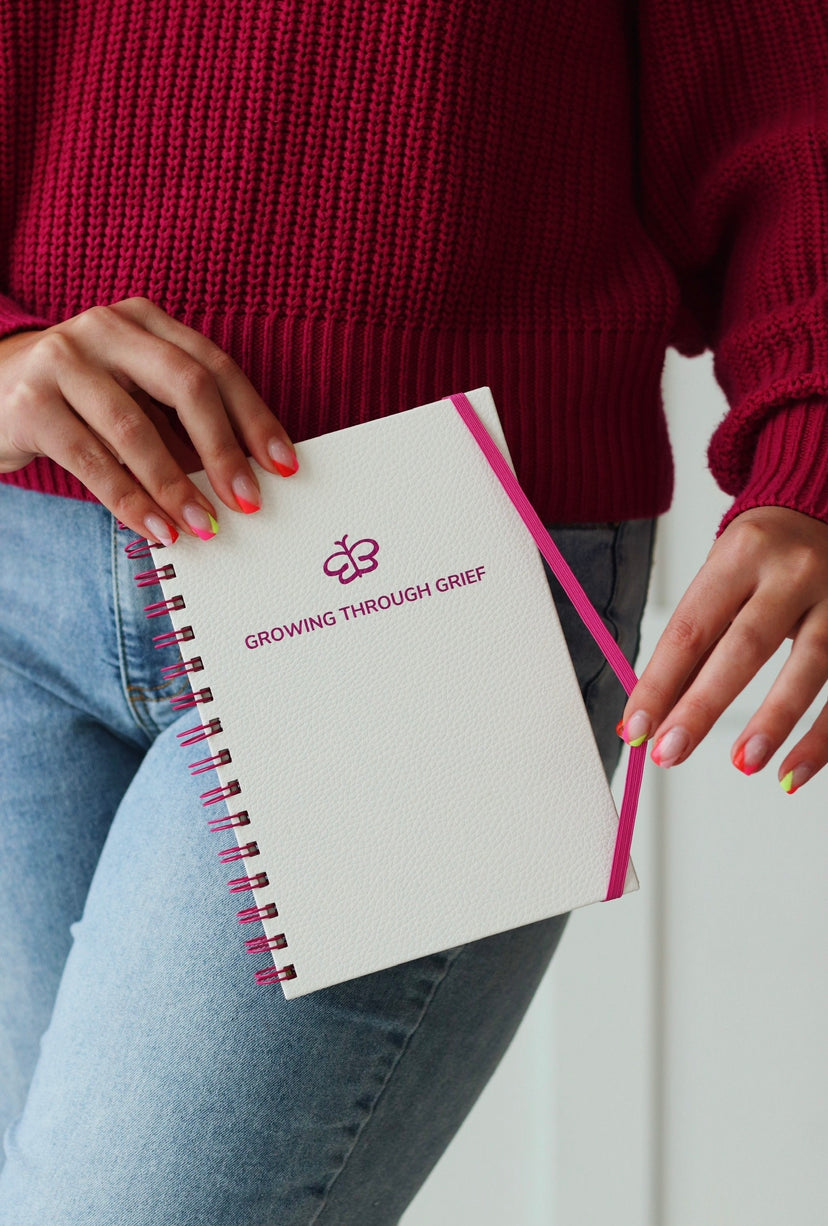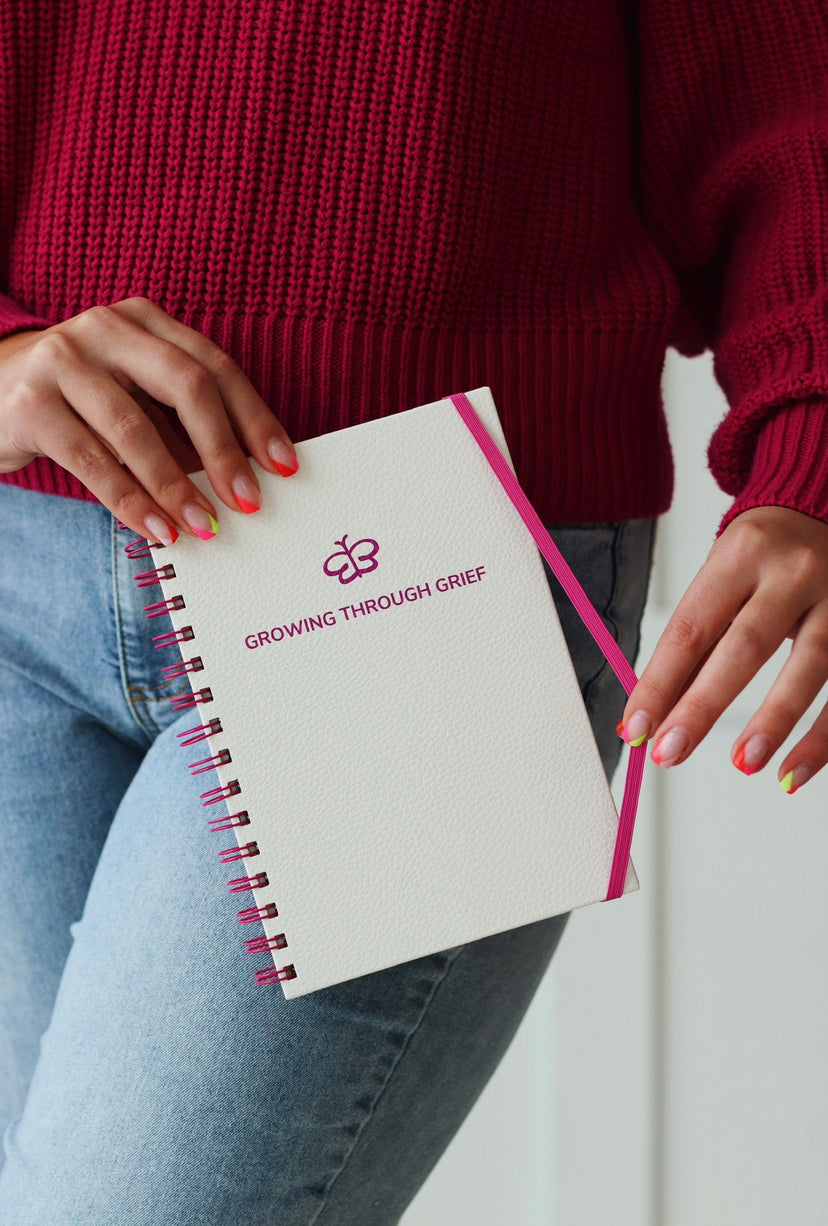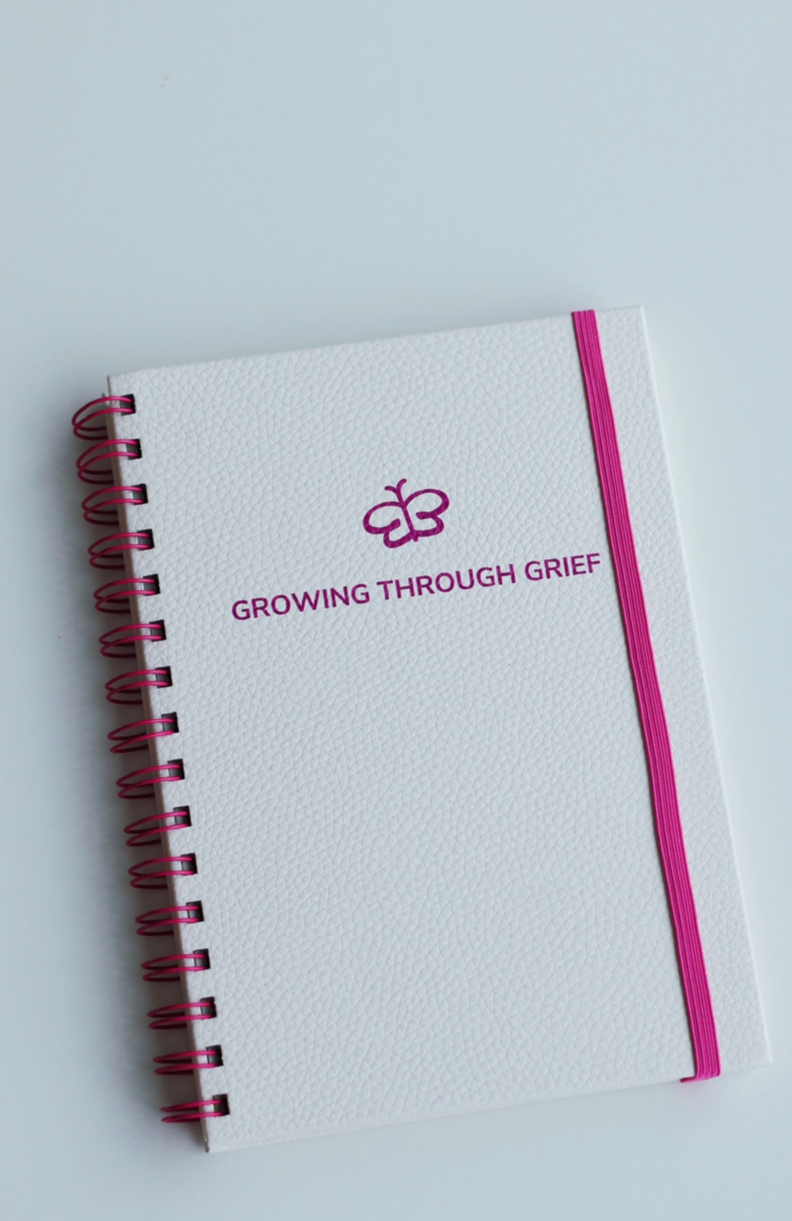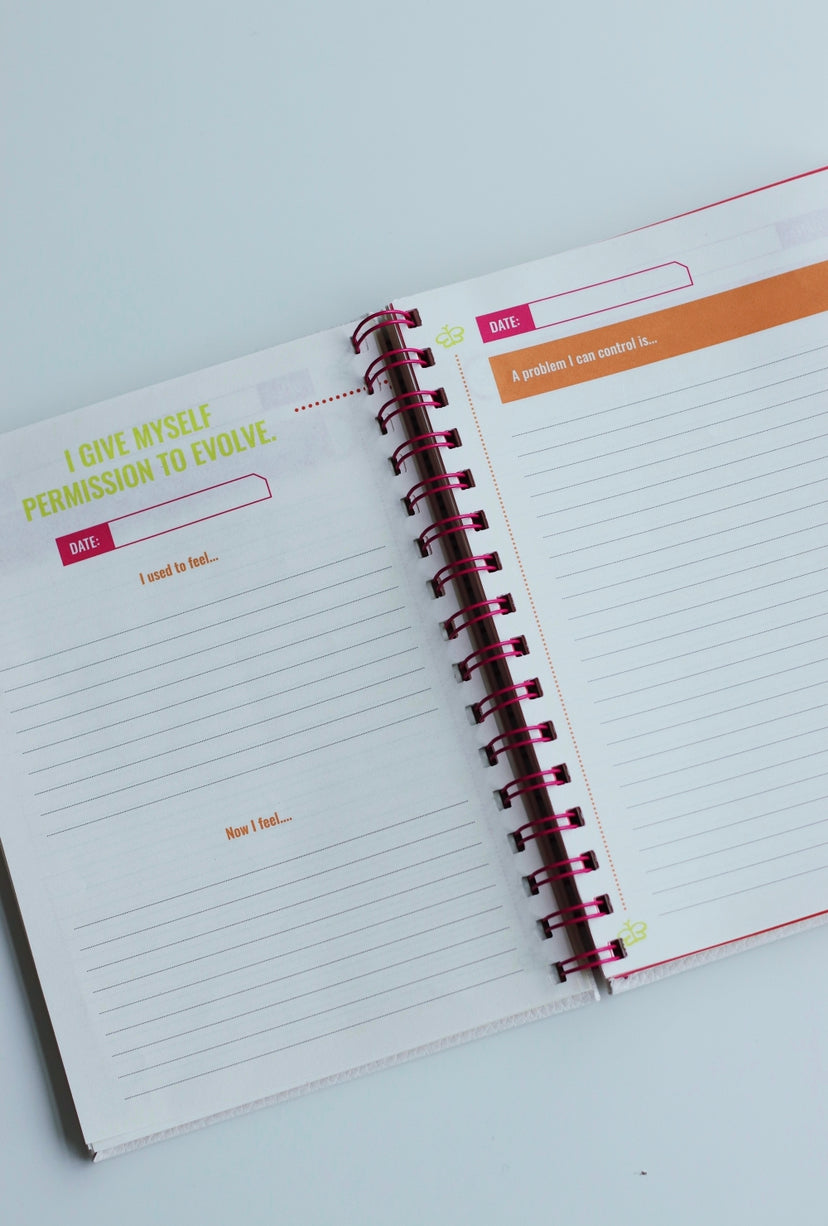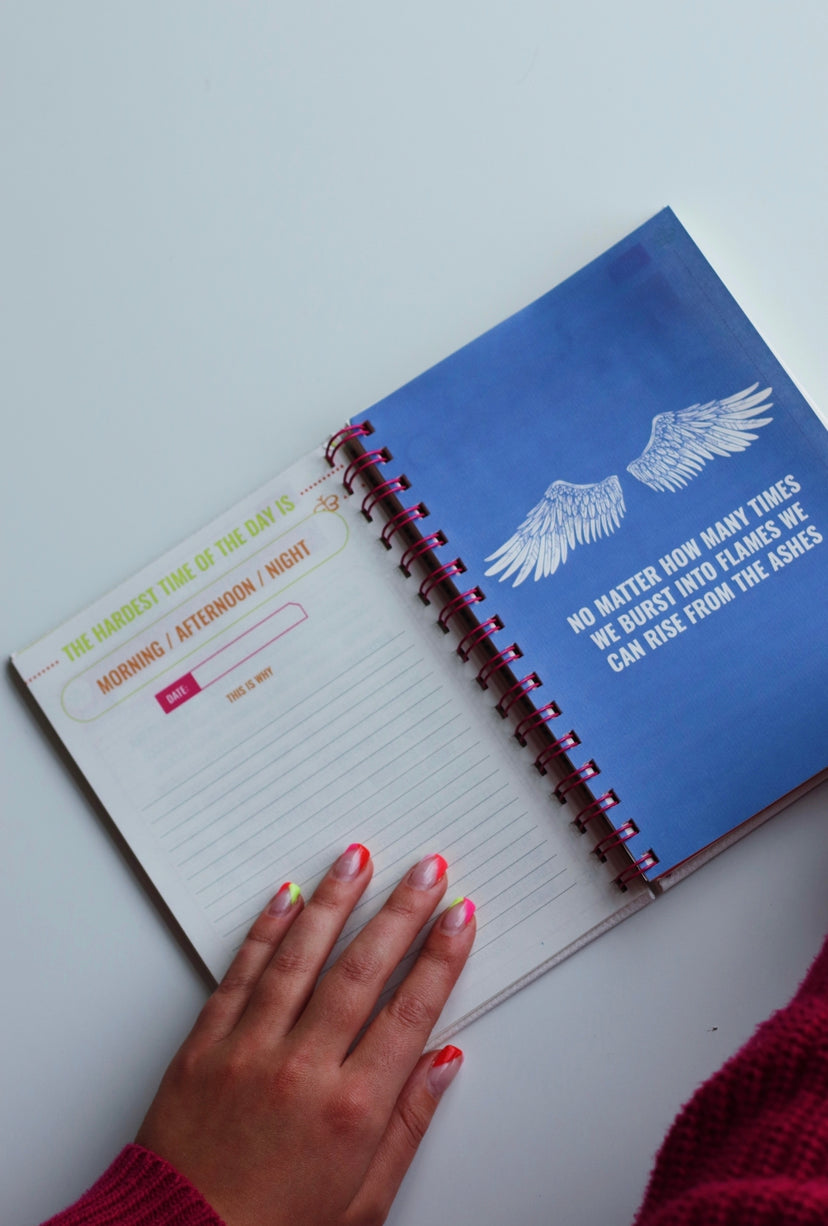The bond between siblings is one of the strongest and most enduring relationships in life. However, when a brother or sister has a disability, this bond can take on added complexities. While it's natural for families to prioritize the needs of the disabled member, it's equally crucial to recognize and support the siblings who may experience their own set of challenges.
This is one of the reasons we created the FREE Sibling Support Journal that you can download and share with siblings you know in the disability community.
In this blog post, we'll explore ways to provide meaningful support to siblings while addressing the potential for sibling trauma when they have a sibling with a disability.
Understanding Disabled Sibling Trauma: When a sibling has a disability, it can impact the entire family dynamic. Siblings may experience a range of emotions, including love, compassion, but also frustration, guilt, embarrassment and even resentment. The trauma that siblings experience can stem from various sources, such as witnessing their sibling's struggles, feeling overlooked or neglected, or navigating societal stigma and misconceptions. It's vital to acknowledge and address these feelings to foster a supportive environment for all family members.


